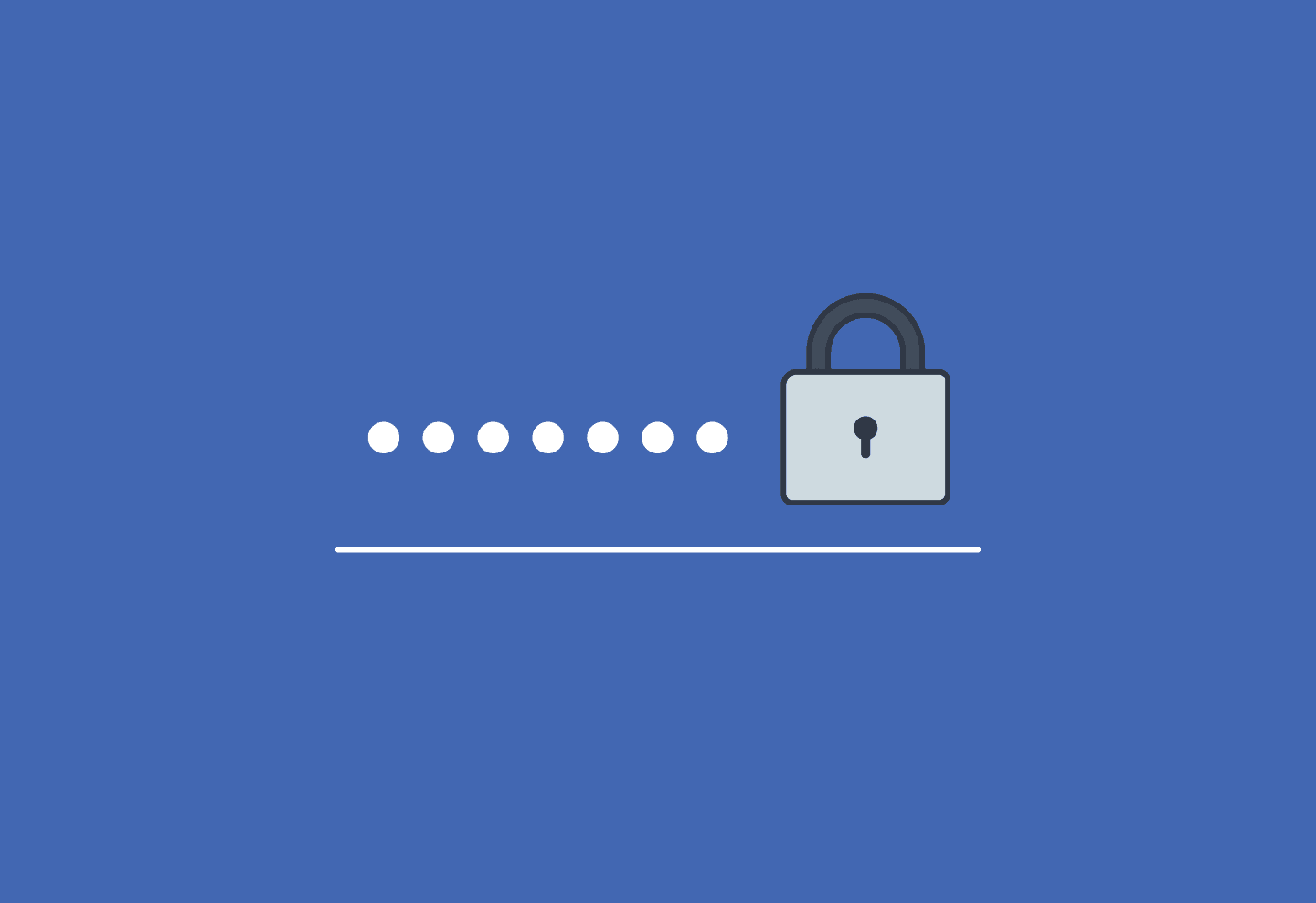The Facebook revealed that it stores hundreds of millions of passwords accessof users in plain text format. According to the company, the codes were only accessible to 20.000 of its employees, and it is confident that none of them used them maliciously….
In a publication on his blog today, Facebook announced that during a routine audit conducted in January 2019, they discovered hundreds of millions of passwords access των χρηστών του κοινωνικού δικτύου που είχαν αποθηκευτεί σε μορφή απλού κειμένου σε ένα από τα εσωτερικά συστήματα αποθήκευσης δεδομένων. 
The passwords were accessible to about 20.000 Facebook employees, but the post says they were not accessible to anyone outside the company.
"To be clear, these passwords were never visible to anyone outside of Facebook and so far we have not found any evidence that someone inside them used them maliciously. "We estimate we need to notify hundreds of millions of Facebook Lite users, tens of millions of other Facebook users and tens of thousands of Instagram users," said Pedro Canahuati, VP Engineering in the company's security department.
Facebook has fixed the problem and said it will begin notifying the roughly 600 million users of Facebook Lite, Facebook and Instagram whose passwords were exposed to company employees, although the biggest social network still claims no one Password it was not leaked to anyone other than Facebook.
If you are worried about your safety, do not expect to receive email from the company. Change your password directly to Facebook services.
____________________
- FreeBSD Install and add to the boot menu
- Facebook: Did you give your phone to the social network?
- Facebook SDK and the story with the shepherd who called the wolf





